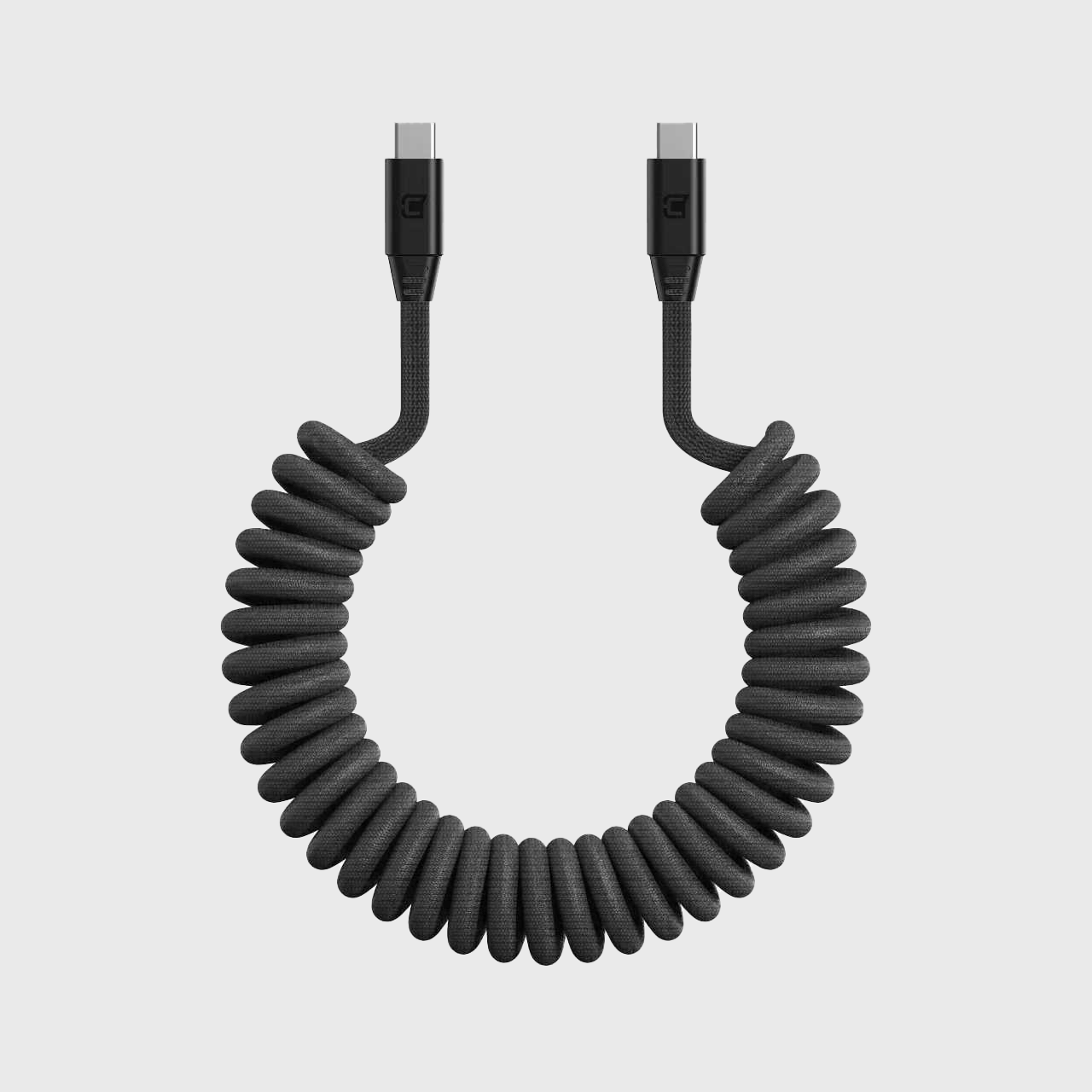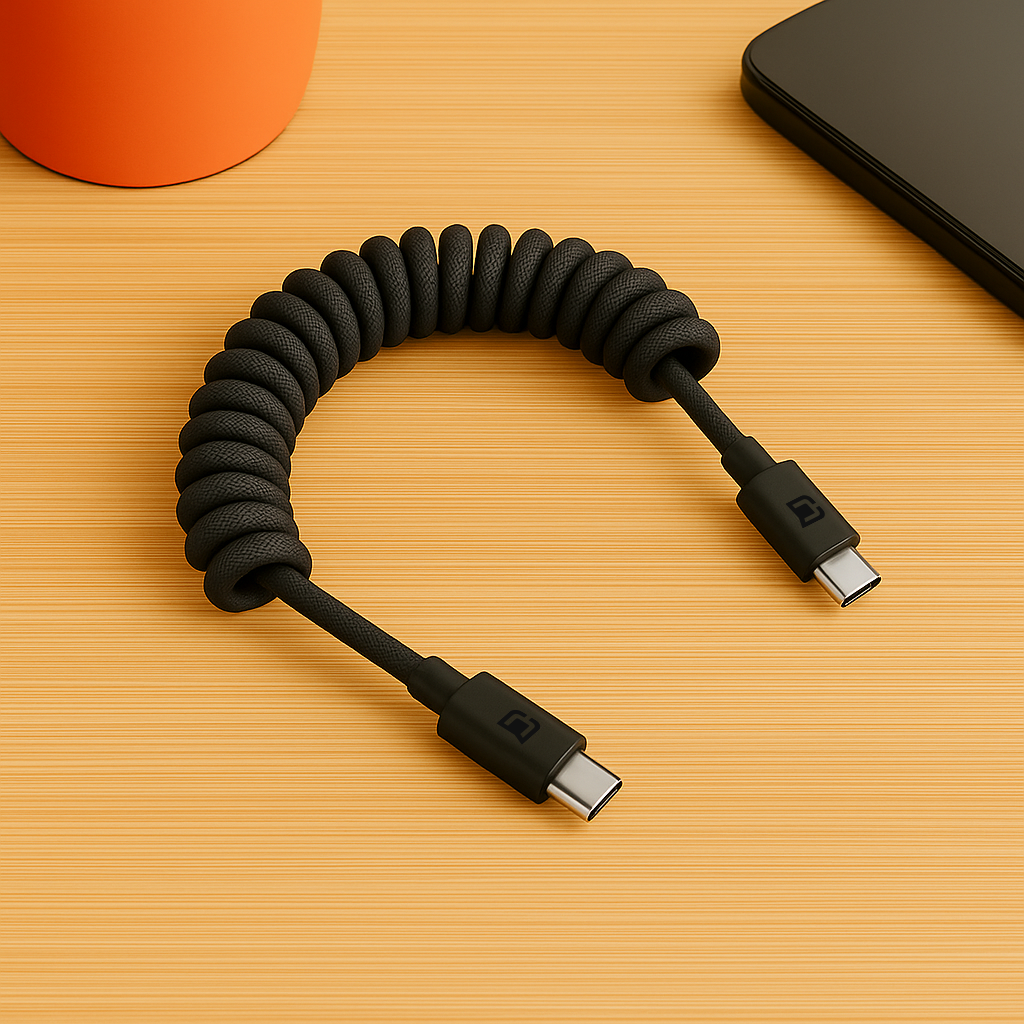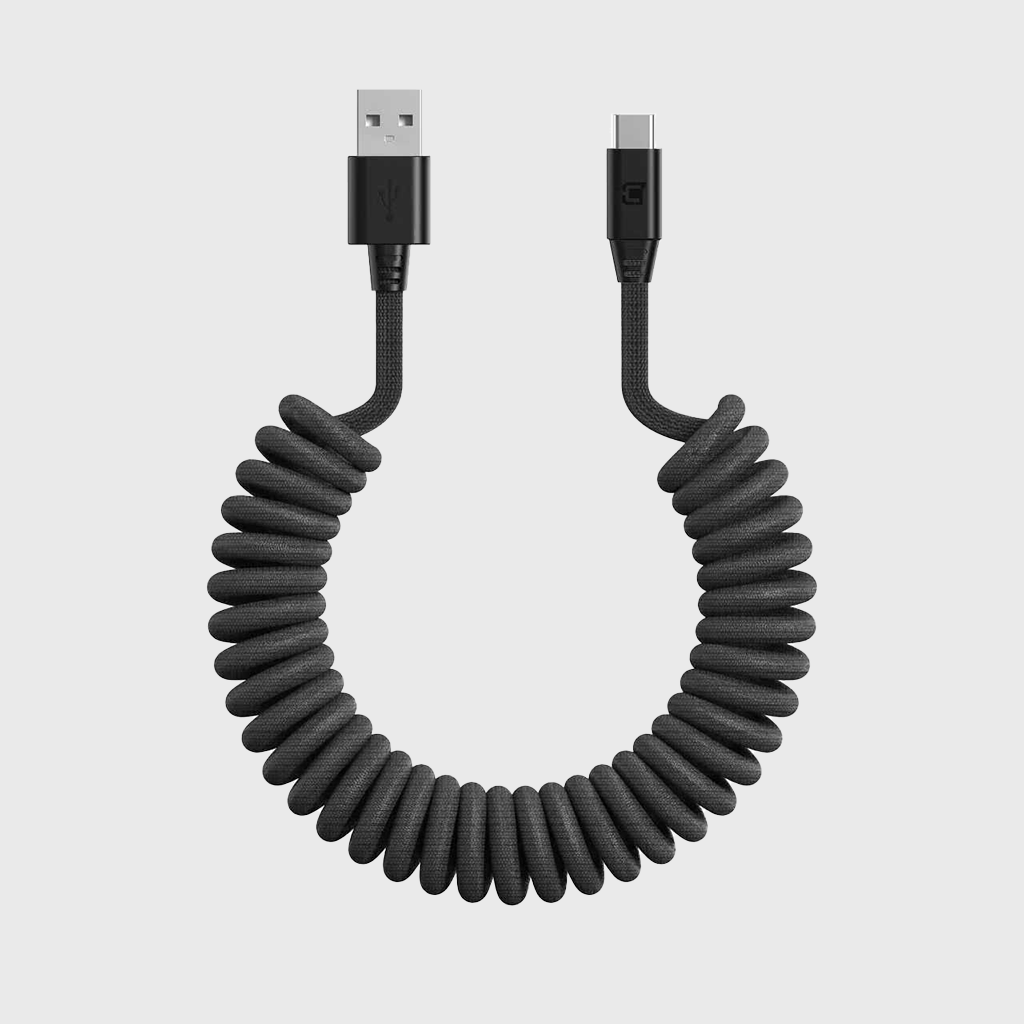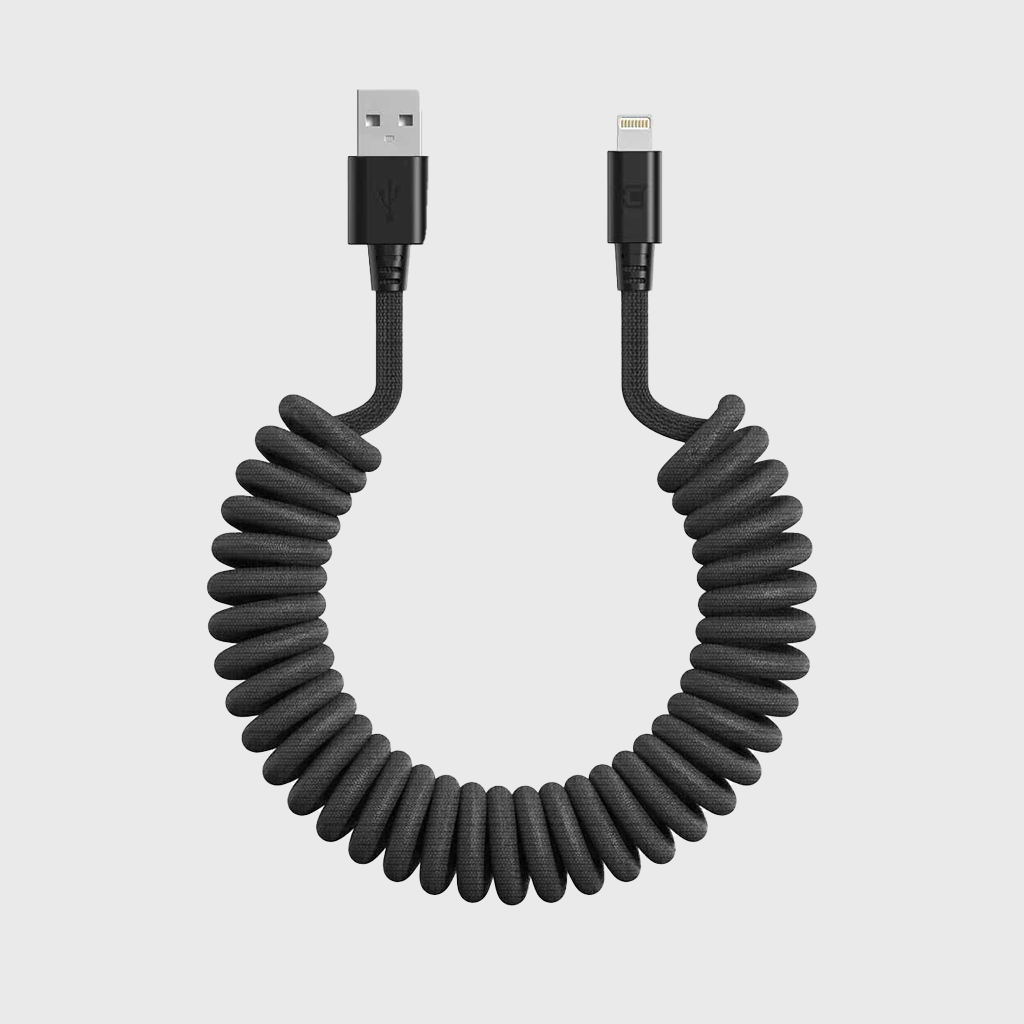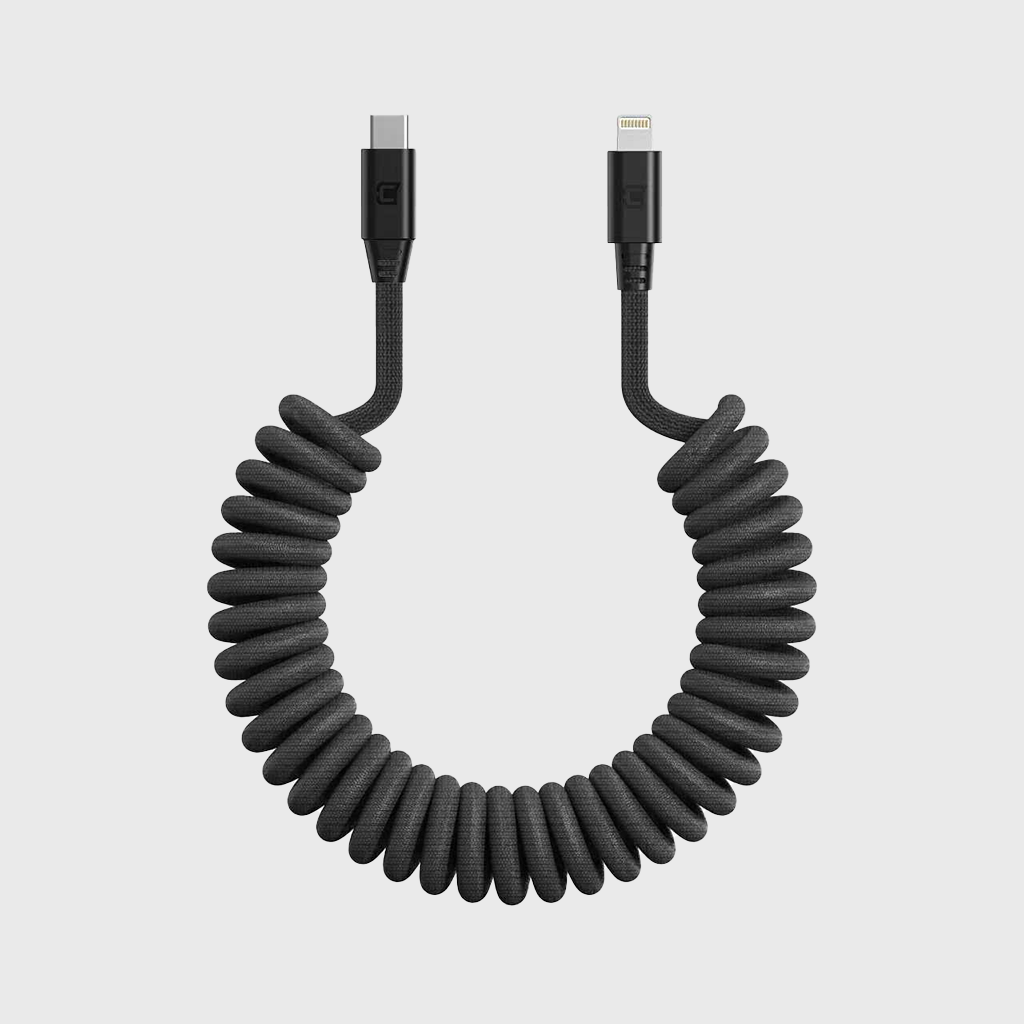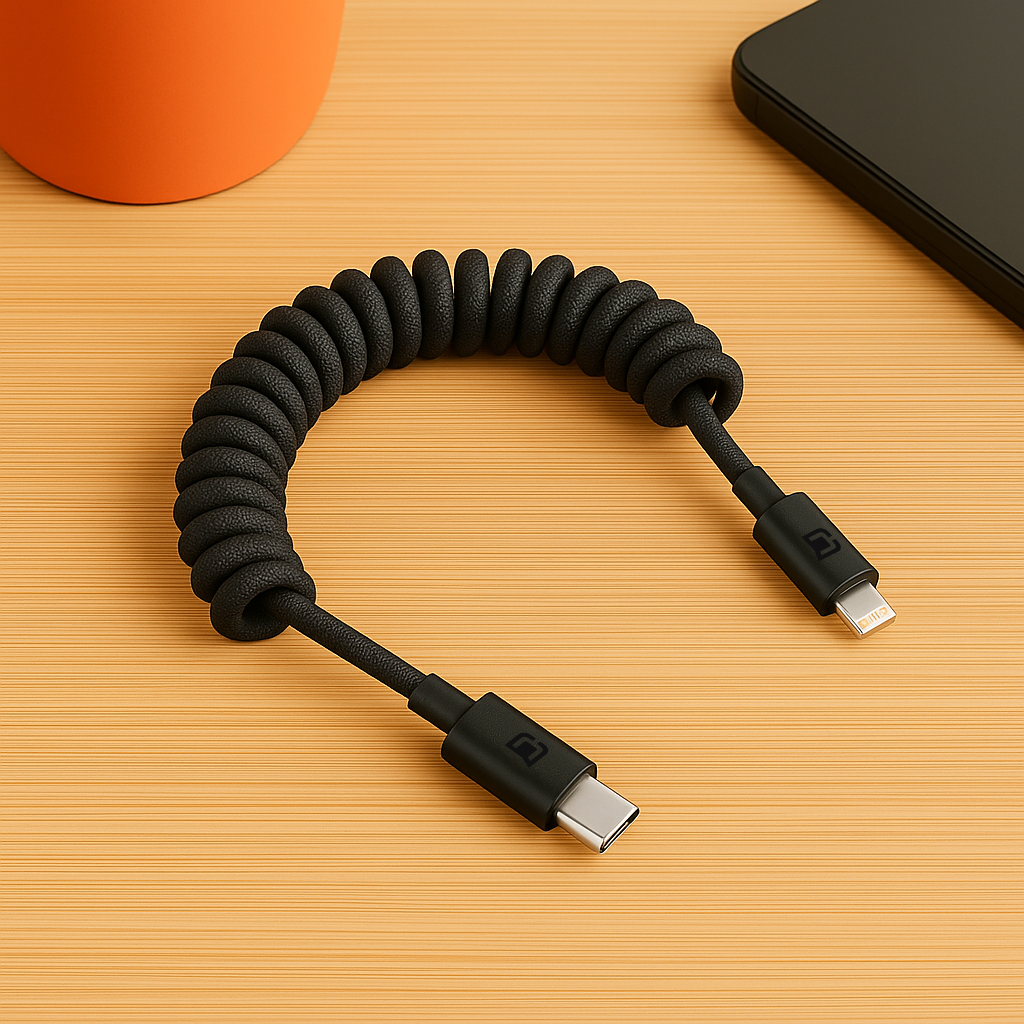Distracted driving has become one of the most pressing safety threats on Canadian roads. Whether it's texting, scrolling, making a call, or even adjusting your GPS, taking your eyes off the road—even for a few seconds—can lead to devastating consequences.
Recognizing this, provinces and territories across Canada have implemented tougher distracted driving laws in recent years. In 2025, Ontario led the charge with a major update, increasing fines and tightening penalties.
Let’s break down what’s changed, what the law says in each province, and why it’s critical to stay focused behind the wheel.
What Is Distracted Driving?
Distracted driving refers to any action that diverts your attention from the primary task of driving. This includes:
-
Using a phone (talking, texting, browsing)
-
Eating or drinking
-
Adjusting music or navigation
-
Reaching for objects
-
Personal grooming
-
Talking to passengers in a way that affects focus
According to Canadian safety statistics, distracted drivers are:
-
More than 3x more likely to be involved in a crash
-
Responsible for nearly 1 in 5 fatal collisions on Canadian roads

Ontario’s New Distracted Driving Penalties (2025 Update)
As of 2025, Ontario has significantly increased penalties to deter distracted driving:
| Conviction | Fine | Demerit Points | License Suspension |
|---|---|---|---|
| First | $615 – $1,000 | 3 points | 3 days |
| Second | $615 – $2,000 | 6 points | 7 days |
| Third or more | $615 – $3,000 | 6 points | 30 days |
New drivers (G1, G2, M1, M2) face automatic license suspension and must requalify after repeat convictions.
These penalties apply even if you are stopped at a red light or stuck in traffic.
✅ How to Stay Focused?
-
Put your phone on Do Not Disturb while driving
-
Use a legal phone or tablet mount to keep navigation visible and hands-free
-
Set music and directions before you start driving
-
Keep your eyes on the road — it’s not worth a ticket or a life
Need a Safe Mounting Solution?
Don’t risk a fine — get a secure, distraction-free setup with Mighty Mount.
Whether you're using GPS or taking work calls on the go, Mighty Mount’s legal and hands-free mounts for phones and tablets help you drive smarter — and safer.
✅ Easy to install
✅ Legal for hands-free driving
✅ Built for cars, trucks, taxis & more
Distracted Driving Laws by Province & Territory
Here’s how other provinces and territories compare in 2025:
Newfoundland and Labrador
-
Fine: $300 – $1,000
-
Demerit Points: 4
-
License Suspension: ❌ No suspension
Nova Scotia
-
First Offense: $233.95
-
Second Offense: $348.95
-
Subsequent: $578.95
-
Demerit Points: 4
-
License Suspension: ❌ None
New Brunswick
-
Fine: $280
-
Demerit Points: 5
-
License Suspension: ❌ No
Quebec
-
Fine: $300 – $600
-
Demerit Points: 5
-
License Suspension:
-
1st: 3 days
-
2nd: 7 days
-
3rd: 30 days
-
Manitoba
-
Fine: $672
-
Demerit Points: 5
-
License Suspension:
-
1st Offense: 3 days
-
Repeat: 7 days
-
Saskatchewan
-
Fine: $580
-
Demerit Points: 4
-
License Suspension: Increases on 2nd and 3rd offenses
Alberta
-
Fine: $287
-
Demerit Points: 3
-
License Suspension: ❌ No
British Columbia
-
Fine: $543
-
Demerit Points: 4
-
License Suspension:
-
2+ violations in 12 months = 3 to 12-month prohibition
-
Yukon
-
Fine: $500
-
Demerit Points: 3
-
License Suspension: ❌ No
Northwest Territories
-
Fine: $322 – $644
-
Demerit Points: 3
-
License Suspension:
-
2nd, 3rd, 4th offenses lead to suspensions
-
Nunavut
-
Fine: $5,000 (highest in Canada)
-
Demerit Points: Not applicable
-
License Suspension: ❌ No
The Hidden Costs of a Distracted Driving Ticket
Getting caught distracted driving doesn’t just cost you money—it can cost your reputation, employment, and safety:
-
Insurance premiums can increase by 15–30%
-
Repeat offenses can lead to losing your license
-
It jeopardizes job eligibility for commercial drivers
-
In some cases, it may lead to criminal negligence charges if injury or death results
Why Provinces Are Getting Tougher
-
More than 27% of fatal crashes in Canada involve driver distraction.
-
The most distracted age group? 18–34-year-olds.
-
Texting while driving increases crash risk by 23 times.
How to Avoid Distracted Driving
-
Use Do Not Disturb mode on your phone
-
Mount your device legally for navigation only
-
Set your music/podcast before you drive
-
Eat before or after the drive, not during
-
Focus solely on the road—your life depends on it
Final Word: Drive With Purpose
Every beep, notification, or glance at your phone is a risk—not just to you, but to passengers, pedestrians, and other drivers. Laws are tightening because lives are being lost to simple distractions.


